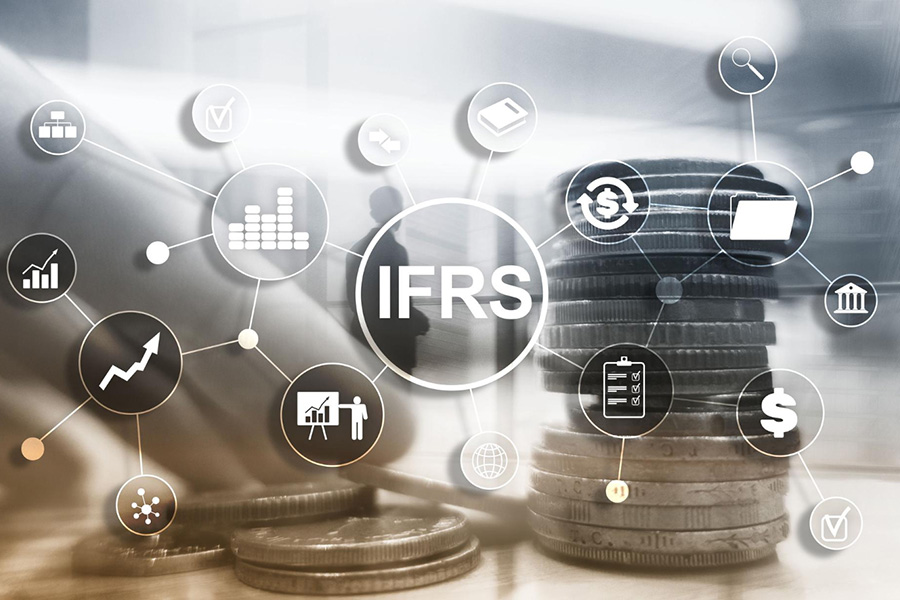
IFRS convergence boosts forward-looking disclosures, with auditor quality influencing the extent of disclosure and audit fees.
Authors
Saravanan R., Jindal School of Banking and Finance, O.P. Jindal Global University, Sonipat, India
Surbhi Choudhary, Department of Marketing, FLAME School of Business, FLAME University, Pune, India
Summary
Purpose: This study aims to investigate the effects of International Financial Reporting Standards (IFRS) convergence on forward-looking disclosures in a developing market setting. In addition, the research explores the moderating role of external auditor quality in shaping the association between IFRS convergence and forward-looking disclosures. The research aims to offer insights into audit behaviour corresponding to disclosure of prospective information.
Design/methodology/approach: This study uses a textual analysis approach to estimate the quantity of forward-looking information in the annual report. The empirical analysis uses firm-fixed effect regression models based on a comprehensive dataset consisting of 143 firms and 1,253 firm-year observations spanning the period 2012–2021.
Findings: The empirical analysis reveals that the firms reporting under IFRS exhibit a substantial increase in the quantity of forward-looking information reported in the annual report. Specifically, firms audited by low-quality auditors appear to have experienced a greater increase in quantity of forward disclosures relative to firms with high-quality auditors. This study argues that these results are due to the accounting uncertainty associated with reporting forward-looking information, which particularly affects the behaviour of highly qualified auditors. In addition, the results show that increase in forward-looking disclosure has led to higher audit fees in the post-IFRS period.
Originality/value: To the best of the authors’ knowledge, this study is the first to empirically demonstrate the effects of IFRS convergence on forward-looking disclosures and the evidence of the moderating role of audit quality. This study provides evidence of the discouragement effect, suggesting that Big 4 auditors could either discourage extensive forward-looking reporting or that auditors in general could charge higher fees to reflect the increased risk and complexity associated with these disclosures. Accordingly, this study gauges the audit behaviour with respect to mandatory forward looking information disclosure.
Published in: Managerial Auditing Journal
To read the full article, please click here.

